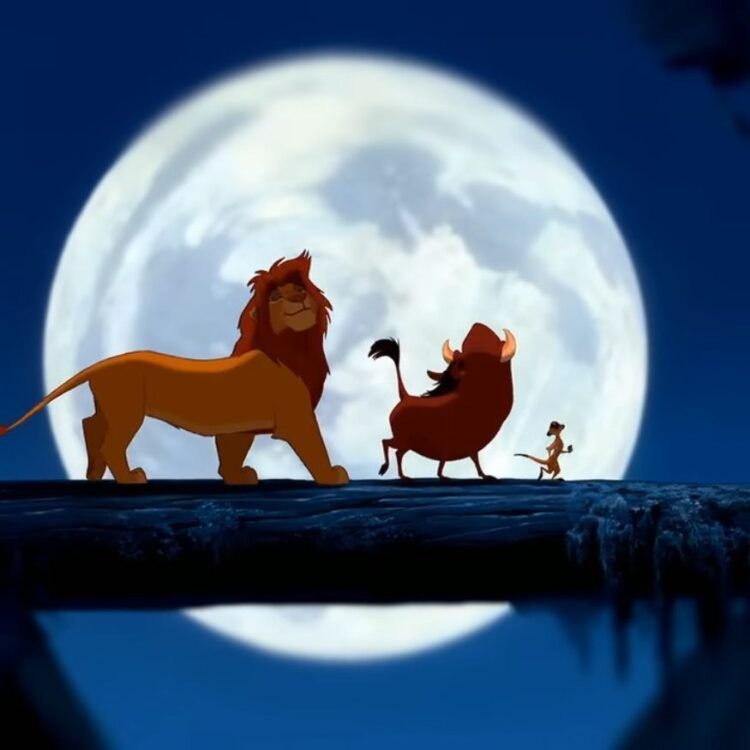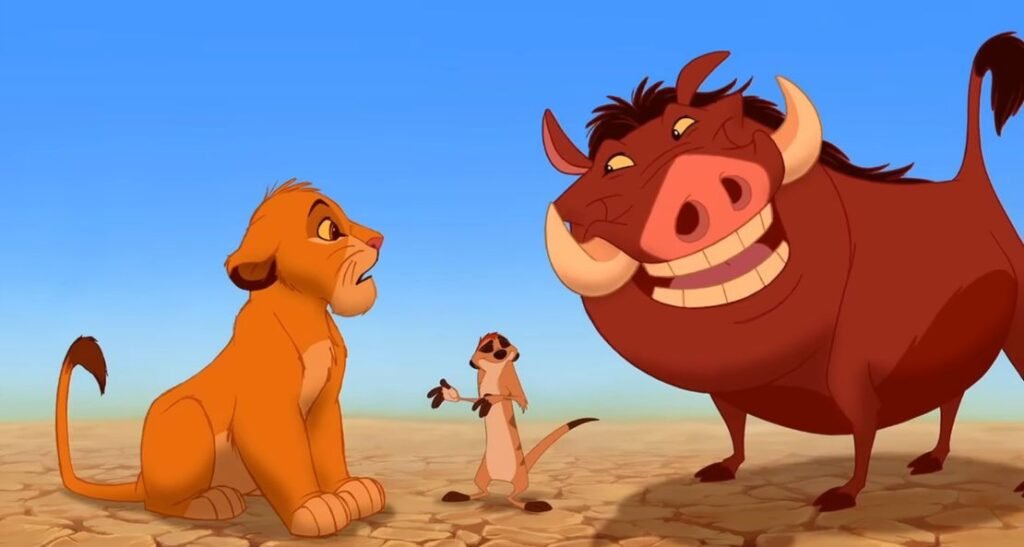The Lingering Charm of ‘Hakuna Matata’
If you’ve ever hummed along to The Lion King’s iconic tune or whispered the phrase on a particularly stressful day, you’re not alone.
“Hakuna Matata” isn’t just a catchy lyric; it’s a cultural cornerstone that bridges languages, philosophies, and generations.

Popularised by Disney in 1994, its true roots trace back to Swahili, but its journey from East Africa to global stardom is anything but ordinary.
The Literal Meaning: Swahili Simplicity
Let’s break it down. In Swahili, “Hakuna” means “there is no” or “there are no,” while “Matata” translates to “troubles” or “worries.” Together, it’s a straightforward declaration: no trouble here.
But simplicity is deceptive. In its native context, “Hakuna Matata” doesn’t carry the carefree, almost whimsical connotation we associate with it today.
Instead, it’s a practical assurance, often part of a broader Swahili ethos of resilience and adaptability.
Before Disney, it existed as a matter-of-fact phrase rooted in everyday life.
The Disney Phenomenon
When The Lion King hit cinemas in 1994, “Hakuna Matata” leapt from Swahili to global vernacular.
Timon, Pumbaa, and a young Simba didn’t just sing the song—they turned it into a philosophy.
Elton John and Tim Rice, tasked with crafting a standout track, stumbled across the phrase in a Swahili phrasebook. The result?
Discover how Elton John and Tim Rice crafted The Lion King’s iconic soundtrack.
A feel-good anthem with enduring appeal. Beyond the catchy melody, the song gave “Hakuna Matata” an association with carefree, hakuna-stress vibes that resonated across cultures.
But here’s the twist: while the song urges Simba to embrace a worry-free life, its message toes the line between wisdom and avoidance.
It’s a catchy life hack, but is it the best advice for every situation? Food for thought the next time you’re belting it out in the shower.
Beyond Disney: A Philosophical Lens
There’s more to “Hakuna Matata” than its Disney makeover. At its essence, it’s tied to Ubuntu, a philosophy that celebrates interconnectedness and collective wellbeing.
Think of it as the ultimate reminder to let go of what you can’t control while contributing positively to the world around you.
Interestingly, Swahili speakers often use phrases like Hamna Shida (no problem) or Usijali (don’t worry) in everyday conversation.
The Disney-fied version has taken on a life of its own, but its original spirit—rooted in shared humanity—remains intact.
Cultural Controversies: From Trademark to Appropriation
Here’s where things get murky. In 2003, Disney trademarked “Hakuna Matata” for use on merchandise, sparking backlash.
East African communities accused the entertainment giant of cultural appropriation, arguing that a phrase so intrinsic to Swahili culture shouldn’t be commodified.
A Change.org petition gathered over 280,000 signatures, calling for Disney to drop the trademark.
While the debate highlights the tensions between cultural preservation and globalisation, it also underscores the phrase’s power.
“Hakuna Matata” isn’t just words—it’s a cultural touchstone with layers of meaning that extend far beyond Western interpretations.
‘Hakuna Matata’ in Everyday English
Thanks to Disney, “Hakuna Matata” has cemented its place in English-speaking cultures.
But not everyone uses it in the same way. For some, it’s a mantra to stay zen in life’s chaos.
For others, it’s shorthand for apathy—an excuse to sidestep responsibility.
In modern contexts, “Hakuna Matata” has been likened to “YOLO” (you only live once), blending carefreeness with spontaneity.
Its adaptability makes it both a linguistic treasure and a cultural chameleon.
TV and Pop Culture References
Disney isn’t the only platform where “Hakuna Matata” shines. From parodies on sketch shows to nods in TV dramas, the phrase pops up as a symbol of nostalgia and humour.
Fans of Timon & Pumbaa, the animated spin-off, know how deeply ingrained it is in family-friendly entertainment.
Its appeal stretches beyond childhood, becoming a shared touchpoint for Millennials and Gen Z alike.
Few phrases boast such cross-generational resonance, and “Hakuna Matata” leads the pack.
The Modern Takeaway: What Does ‘Hakuna Matata’ Teach Us Today?
“Hakuna Matata” bridges cultures, serves as a conversation starter, and reminds us to find balance in an unpredictable world; it’s a bridge between cultures, a conversation starter, and a reminder to find balance in an unpredictable world.
Whether you’re singing it with Timon and Pumbaa or weaving it into your own philosophy, its message endures: sometimes, it’s okay to let go.
So the next time life throws you a curveball, take a cue from Swahili wisdom. Breathe, pause, and maybe, just maybe, embrace a little “Hakuna Matata.”
You might also like:
- Cindy Lou Who: Whoville’s Quiet Revolution in the Heart of Christmas
- Jessica Rabbit: The Evolution of a Cultural Icon and Why Disney’s Family-Friendly Shift Changed Her Forever
- Among Us Characters: A Pop Culture Phenomenon Through Colours, Chaos, and Conspiracy
- Frosty the Snowman: A Timeless Classic that Continues to Charm New Generations
- Big Chungus: From Looney Tunes Origins to Viral Fame
- From Myths to Mini-Games: How Champion Island Blends Folklore with Fun


